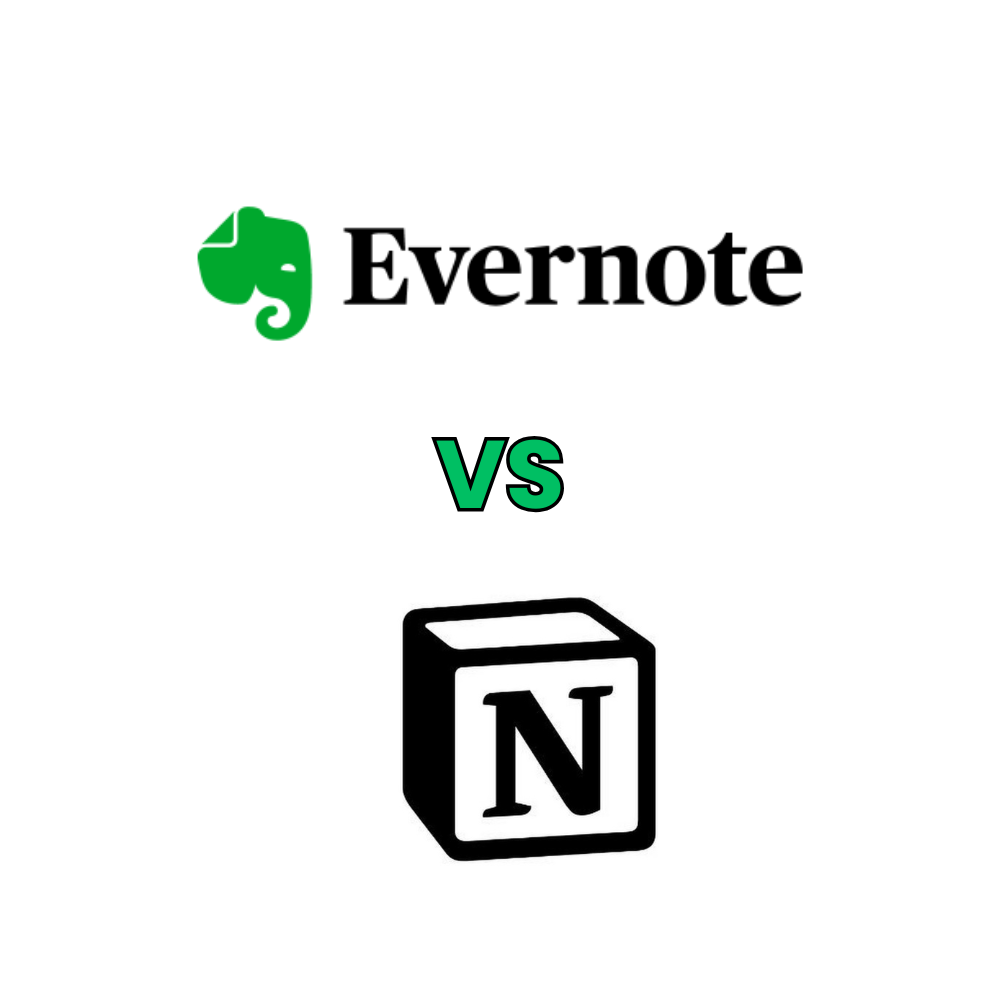If you’re a freelancer, you already know how important it is to have clear agreements with your clients. A good contract keeps everything on track. But writing one from scratch? That takes time and effort. That’s where freelance contract templates come in.
Freelance contract templates make your life easier. They help you avoid legal problems, miscommunication, and payment issues. In this post, you’ll learn about 7 must-have elements to include in every contract to stay safe and professional.
Why Freelance Contract Templates Matter
Set Clear Expectations
Freelance contract templates help set the rules from the start. You and your client both know what to expect. That means fewer surprises and smoother projects.
Legal Protection
Without a contract, it’s your word against theirs. A solid contract protects both parties if things go wrong. It explains who does what, when, and for how much.
Save Time and Look Professional
You don’t need to write a new contract for every project. Templates save time and make you look like a pro. Plus, they help you avoid missing important details.
7 Must-Have Elements in Freelance Contract Templates
1. Clear Scope of Work
Start by describing what you will do. List all the tasks, services, or deliverables. Be specific.
For example:
- Design 5 website pages
- Write 3 blog posts
- Provide 2 logo concepts
Being clear avoids confusion. If it’s not in the contract, it’s not part of the job.
2. Payment Terms and Schedule
Money matters. Your contract should say:
- How much the project costs
- When you get paid (upfront, halfway, or after delivery)
- Accepted payment methods (PayPal, bank transfer, etc.)
Also, include what happens if the client pays late. A simple line like “A 5% fee applies after 7 days late” can help you avoid issues.
3. Revisions and Edits Policy
Most clients ask for edits. Your contract should say how many are included.
Example:
- Two rounds of edits are included
- Extra edits cost $30/hour
- All revisions must be requested within 7 days of delivery
This keeps the project from dragging on forever.
4. Deadlines and Delivery Dates
Timelines are key. Add:
- When work starts
- When each part is due
- Final delivery date
Also, cover what happens if things are delayed. Maybe illness or extra work pushes things back. State how you’ll handle that.
5. Ownership and Usage Rights
Who owns the work once it’s done? This should be clear.
Options include:
- Full rights go to the client after payment
- You keep the rights and license them to the client
- Work can’t be resold or reused without permission
This protects your creative work.
6. Termination Clause
Sometimes projects don’t work out. Your contract should say how to end it early.
Include:
- How either side can cancel
- What happens with the work done so far
- How much is still owed to you
Example: “Either party may cancel with 7 days’ notice. Client will pay for completed work.”
7. Confidentiality and Non-Disclosure
You might learn private details about your client’s business. Add a line about keeping that info safe.
Example: “Freelancer agrees to keep all project information confidential.”
If needed, you can add a full Non-Disclosure Agreement (NDA).
Bonus Tips for Customizing Freelance Contract Templates
Make your contracts more personal and professional with these extras:
- Add your name, logo, and business branding
- Include your contact details
- Adjust wording for each client or project type
Customizing your freelance contract templates shows you care about quality.
Where to Find Freelance Contract Templates
Not sure where to get started? Here are a few great places to find ready-to-use freelance contract templates:
- Bonsai (paid, customizable, legal-reviewed)
- And.Co (free and easy to use)
- HelloBonsai (great for creative freelancers)
- Docracy (open-source and free)
- Template.net (lots of formats)
Some sites offer free versions. Others charge, but include extra features like e-signatures and storage.
Conclusion
A freelance contract doesn’t have to be scary or hard. With freelance contract templates, you can protect your work, get paid on time, and avoid misunderstandings.
Here’s a quick recap of the 7 must-haves:
- Clear scope of work
- Payment terms and schedule
- Revisions policy
- Deadlines and delivery dates
- Ownership rights
- Termination clause
- Confidentiality terms
Take the time to use a proper contract, and your freelance life will run smoother. Try one of the recommended freelance contract templates today and start your next project with confidence!
Want more tips like this? Check out our other articles on freelancing, contracts, and productivity to help you grow your business with confidence. Browse more posts now and level up your freelance game!





